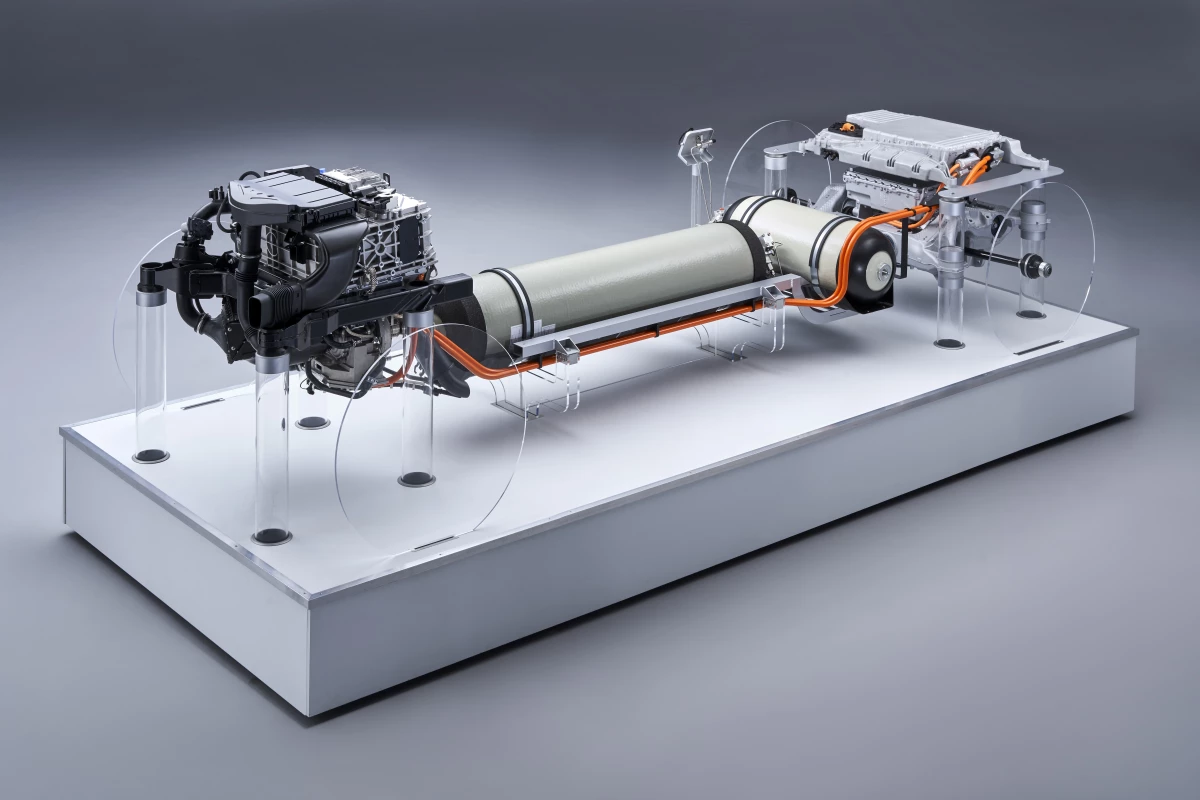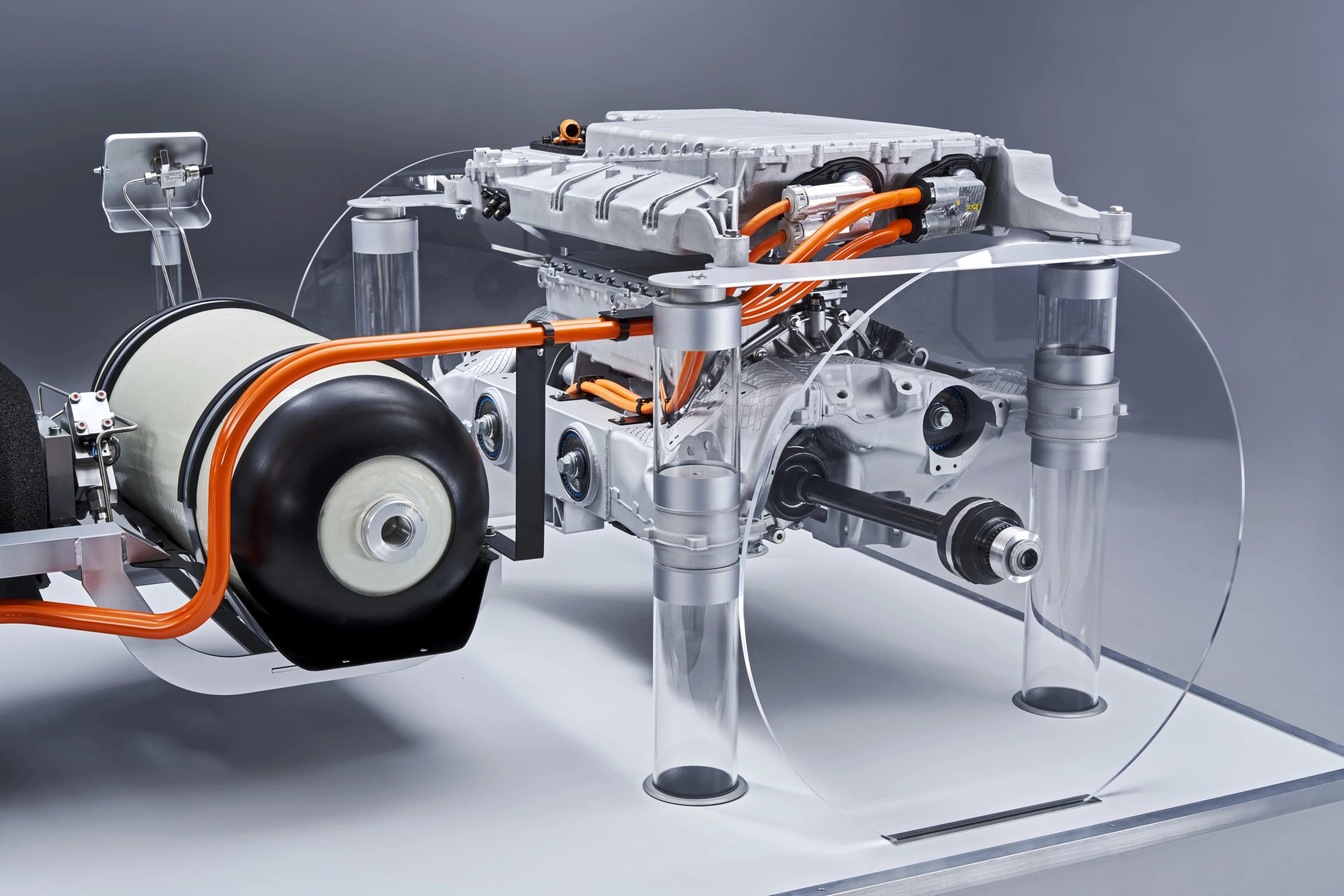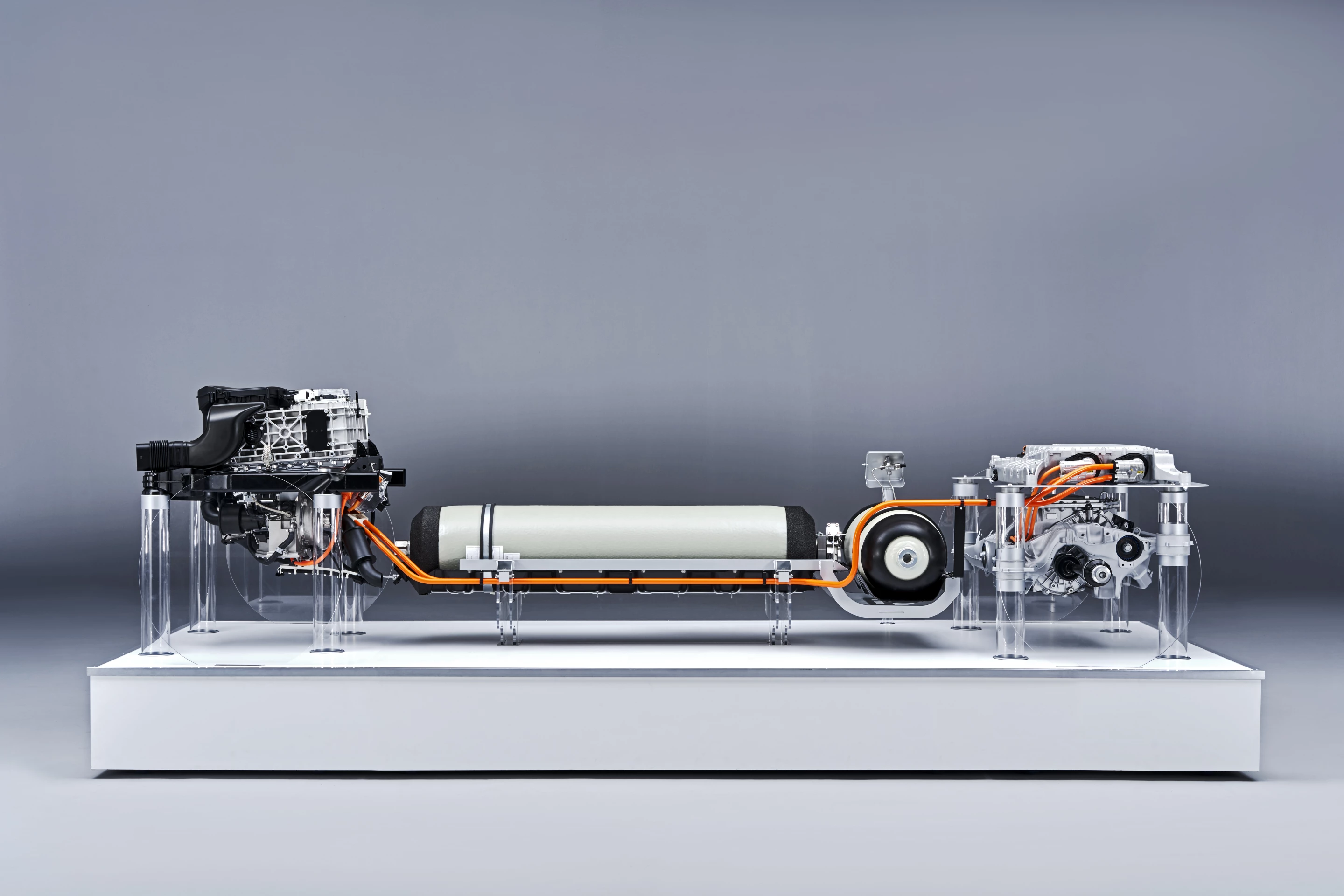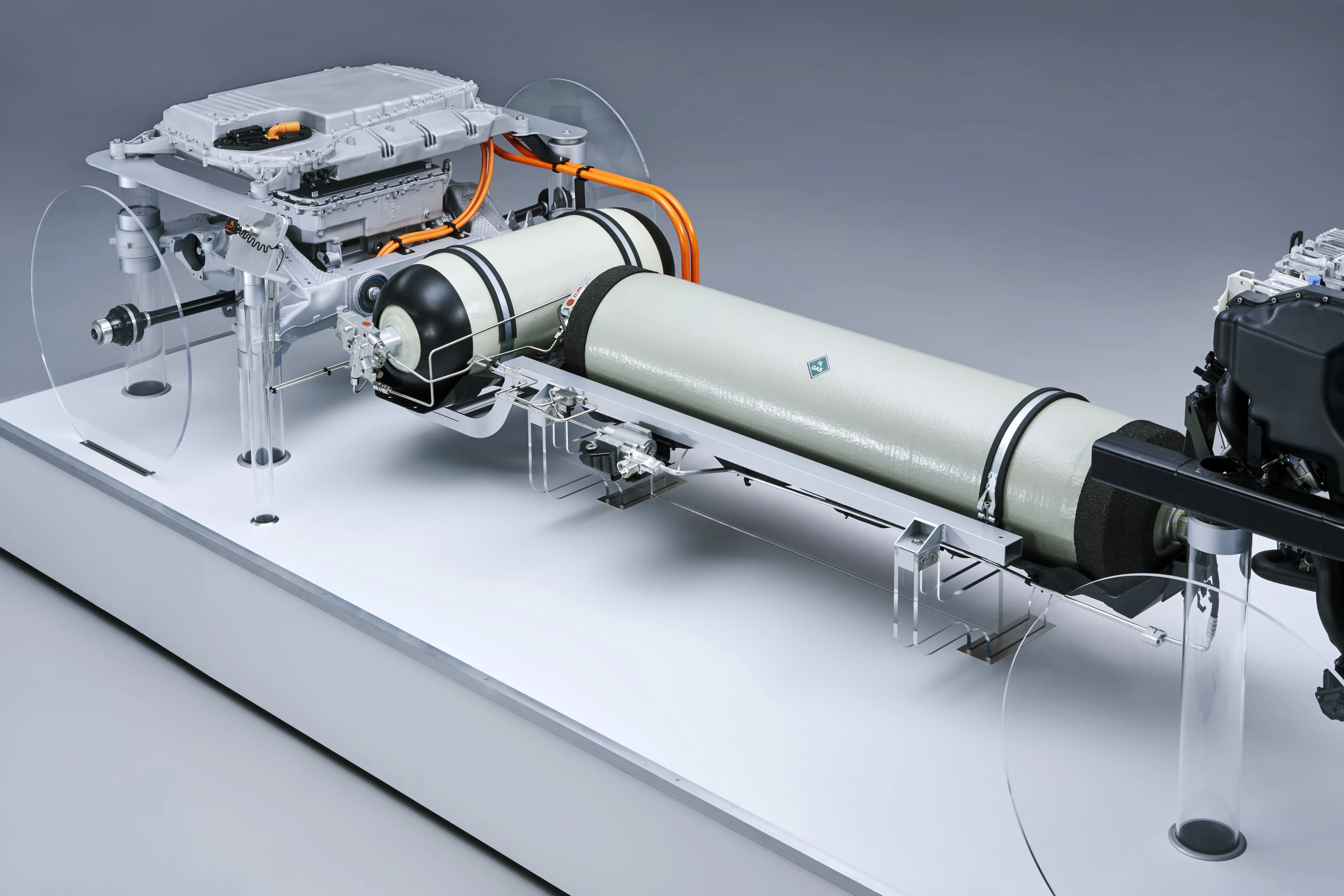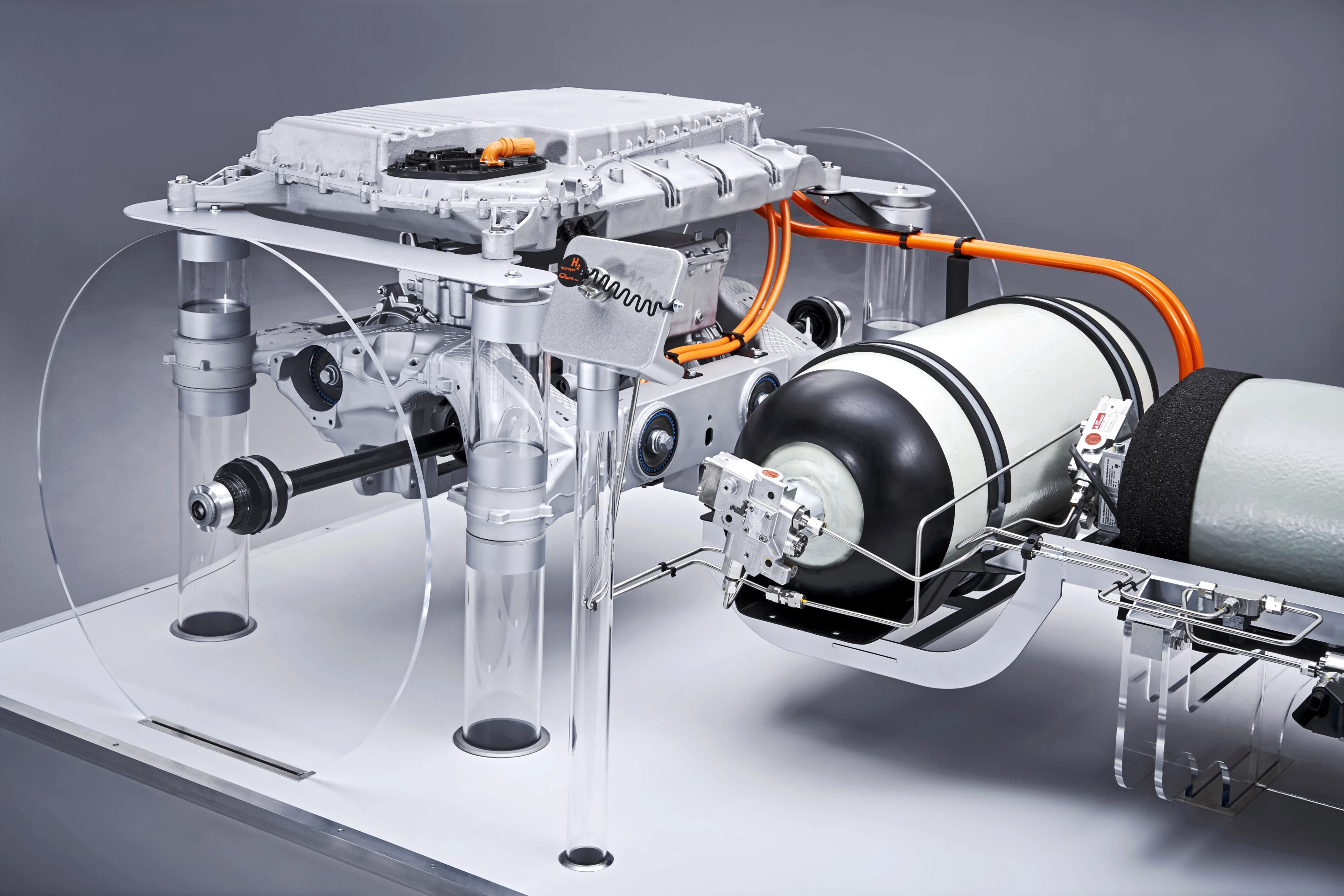It appears clear at this stage that while most of the developed world is moving toward battery-electric vehicles, Japan and South Korea are pushing hard for hydrogen, which will allow them to import energy from around the world in a green delivery format, however, it might have to be created offshore.
The idea of an East Asian "hydrogen economy," which has gathered no small amount of political steam, has clearly got automakers that aren't called Toyota, Kia or Hyundai thinking about what the future of these markets will look like, and BMW has been working in partnership with Toyota to make sure it won't be left out in the cold if and when a hydrogen vehicle option becomes a must-have.
As BMW board member Klaus Fröhlich puts it: "We are convinced that various alternative powertrain systems will exist alongside one another in future, as there is no single solution that addresses the full spectrum of customers’ mobility requirements worldwide. The hydrogen fuel cell technology could quite feasibly become the fourth pillar of our powertrain portfolio in the long term. The upper-end models in our extremely popular X family would make particularly suitable candidates here."
With that in mind, the company presented a prototype and initial details for a fuel cell powertrain for its i Hydrogen Next concept car. Two 700-bar (10,150 psi) pressurized tanks offer a capacity of 6 kg (13.2 lb) of compressed hydrogen. That would give this car a range around 750 km (466 mi) if it manages to attain the same fuel efficiency as Toyota's Mirai. Filling up, of course, would only take marginally longer than it takes to pump gas.
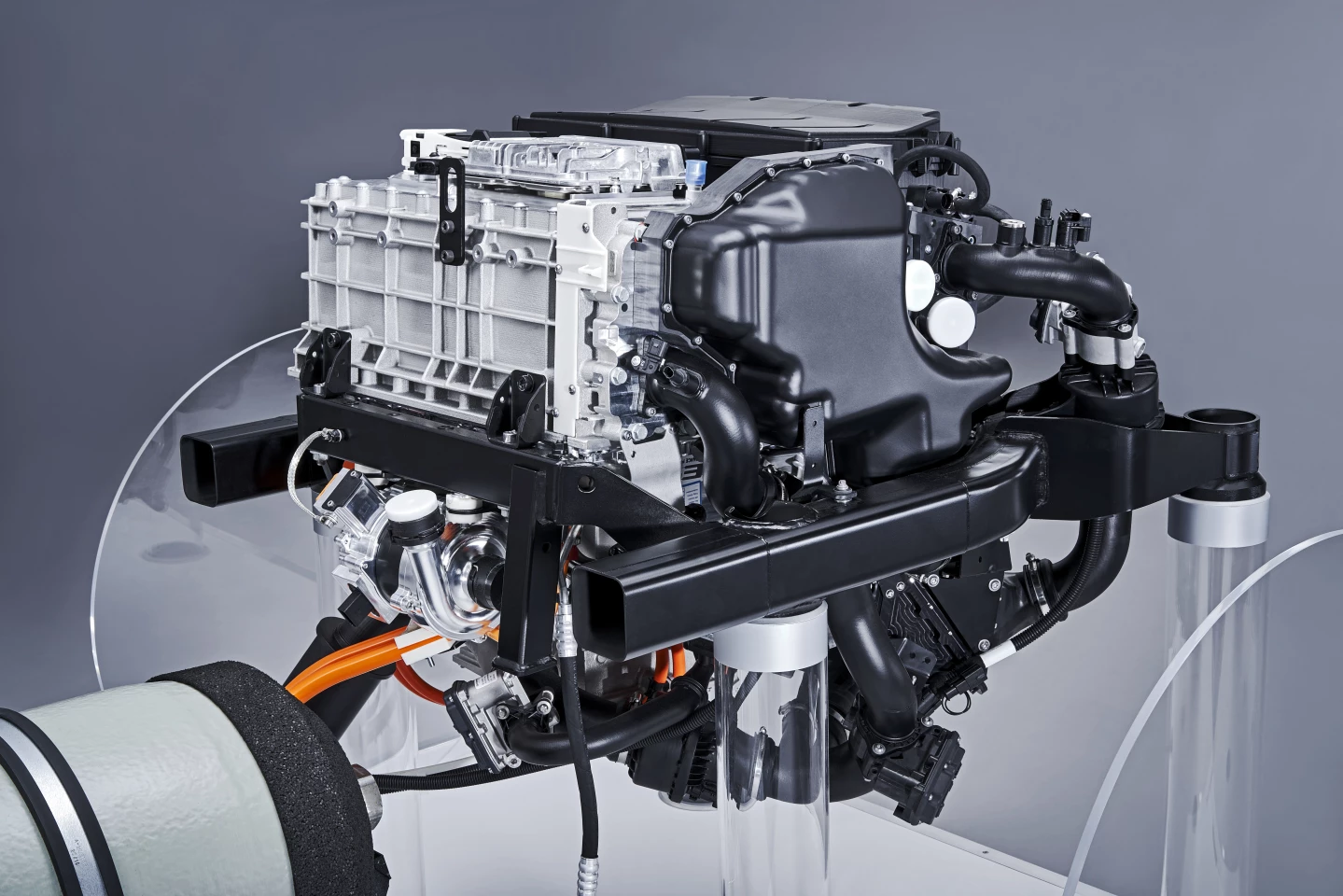
This hydrogen is converted into electric power at a rate up to 125 kW (170 hp) by the fuel cell. That goes to the wheels as necessary, and there's a "peak power battery" ready to chime in with bonus power when you need it, giving a total system peak output of 275 kW (374 hp) and a rather sprightly little SUV.
Don't get too excited just yet. A press release states "it will be some time before the company offers its customers a production car powered by hydrogen fuel cell technology," even going so far as to put that point in bold. The infrastructure isn't in place yet to make this work, and BMW plans to continue pushing forward with BEVs and combustion cars in the short term.
A small pilot program scheduled for 2022 will see a limited number of fuel cell cars produced, based on the X5 SUV, and any kind of customer offering won't hit showrooms until, "the second half of the decade." Still, Toyota must be feeling very vindicated at this stage.
Fröhlich gives an overview of BMW's move in the video below.
Source: BMW
